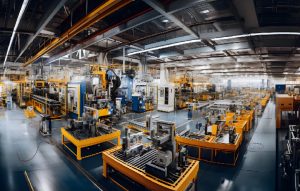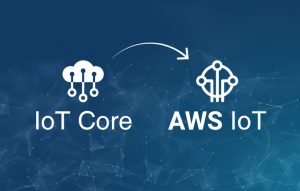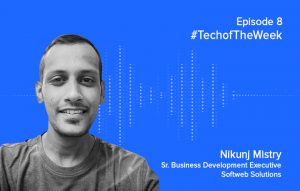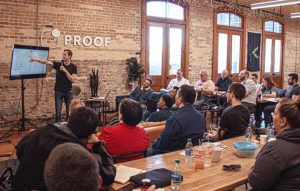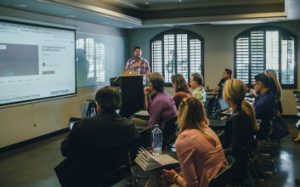It does not matter whether you are running a manufacturing business, working in the healthcare sector, in retail or any other industry. The fact is that IoT is an industry disrupter in all of them.
At Softweb Solutions, we get queries from companies on how to implement IoT solutions in their businesses. There are a lot of myths and misconceptions about the Internet of Things. To help companies understand how simple but highly effective IoT solutions can be in helping them transform their business we are setting up one-day workshops for interested companies which will be conducted on their premises.
We can help you understand how IoT works, what kind of cloud and Big Data solutions are required to understand and utilize all the data that will be generated.
The term “Internet of Things” has become well-established in the business world by now and all the tech companies involved in promoting this concept have their variations of the term. IoT is also referred to as Industrial Internet (GE’s term), Internet of Everything (Cisco), Industry 4.0 (German government) and some old timers still prefer to stick to the term M2M (Machine to Machine).
At Softweb Solutions, we prefer to call this the Internet of all Things. The reason for this is that we believe pretty soon all the things in the factory will be connected and controlled. This is what IoaT is all about.
Anything that can be measured, connected, controlled and instrumented, will be, giving companies real-time information.
The data that will be generated will be in the terabytes and petabytes. Companies will need to implement Big Data solutions to make sense of all this data.
This doesn’t mean that IoT solutions are cost-effective and useful for only major corporations. Even small and medium sized businesses can take advantage of the benefits offered by IoT. IoT solutions can help you create a smarter office, build a smarter factory or create a smarter home.
In the office, IoT solutions can help a business save on power and heating costs by shutting down the lights or turning off the heating by sensing if a room is vacant. More advanced sensors placed in the office can also help automate security and monitor the building for structural defects.
The factory is another place which has the potential to be completely transformed with IoT solutions. The Siemens factory in Amberg, Germany is a good example of the industrial revolution already taking place because of IoT. The smart factory has touchscreens with the human-machine interfaces (HMIs) which allow users to track the performance of individual product lines and even individual part levels.
The GE Durathon battery factory in Schenectady, NY has 10,000 sensors on its assembly line plus other sensors embedded in each battery. The sensors report components’ status in real-time, which the manager can view on his iPad while making the factory rounds. The data generated can also be shared in real-time with others throughout management, product design and other departments.
Home automation is the sector that has garnered the most attention from IoT players, from startups to older established companies who want a piece of the consumer market. Nest, the smart thermostat maker that was acquired by Google, wants to be the central hub for all the other home automation devices. Other consumer centric IoT solutions for the home include:
- Light bulbs
- Home security systems
- Automated pet feeders
- Irrigation controller for gardens
- Smoke alarms
- Refrigerators
- Washing machines
- Microwaves
- Energy monitoring equipment
Healthcare is also set to benefit from IoT and make patient care more effective. The wearable devices that are coming into the market are making remote patient monitoring possible. We have created an application which uses the Pebble smart watch that helps senior citizens live independently. There are many other interesting applications possible when wearable devices are paired with smartphones. Some of these solutions are:
- Remote patient monitoring
- Remote diagnostic tools
- Equipment monitoring
- Hospital hygiene
- Bio wearables
The conservative estimate is that there will be at least 30 billion connected devices by 2020 with companies in the field earning revenue of over a trillion dollars. This is a trillion dollar opportunity for companies. Together, we can create the Internet of all Things for your company.


